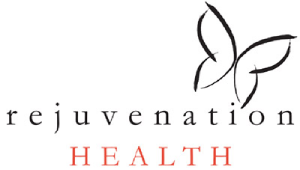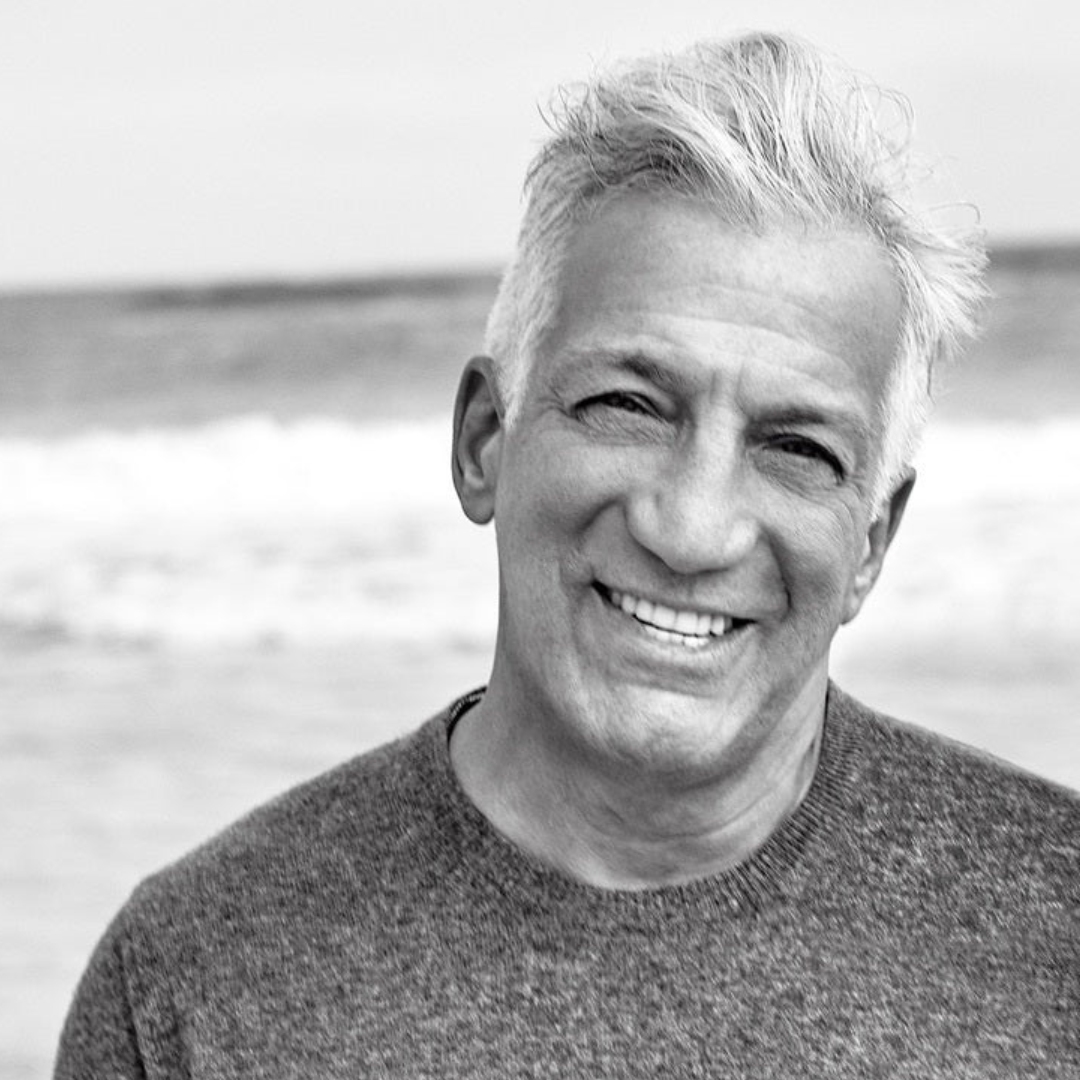Sleeping with your mouth open may not seem like a big deal, but it’s a major red flag that you’re not breathing properly at night, which can have a severe negative impact on your overall health and wellness.
In fact, chronic mouth breathing is one of the primary symptoms of sleep apnea. This condition can lead to serious health issues like cardiovascular disease, high blood pressure, and diabetes if left untreated.
Symptoms of Nighttime Mouth Breathing
Sleeping with your mouth open isn’t normal — it’s a sign that you’re not breathing properly when you sleep and can be a symptom of more severe health problems. Mouth breathing is also terrible for your oral health.
The symptoms of nighttime mouth breathing are slightly different in kids and adults because children’s anatomy and physiology are unique.
The main symptoms of nighttime mouth breathing in adults are:
- Dry mouth
- Sore throat
- Poor oral health (gum disease and tooth decay)
- Bad breath (halitosis)
- Snoring, particularly if you snore loudly enough to wake your bed partner
- Morning headaches
- Daytime sleepiness from sleep deprivation
- Brain fog and difficulty concentrating
Patients who sleep with their mouths open often wake up in the morning feeling exhausted even though they think they had a good night’s sleep. Mouth breathing and the anatomical changes that cause it drastically reduce sleep quality, impacting overall quality of life.
Children who sleep with their mouth open commonly experience:
- Trouble concentrating
- ADHD-like symptoms
- Slower-than-normal growth
- Difficulty controlling emotions
- Excessive tiredness
- Oral health problems, including dry mouth and tooth decay
Mouth breathing is often misdiagnosed as ADHD, so if a child has any of the common symptoms of ADHD or has even been diagnosed with the disorder, parents should talk to the child’s dentist to determine if open mouth breathing at night is the real culprit.
Is sleeping with your mouth open bad for your health?
Sleeping with the mouth open is incredibly bad for patients’ health. It negatively impacts both oral health and overall physical health.
The adverse effects of mouth breathing can lead to everything from cavities to heart disease.
When patients breathe through their mouths, it dries up the saliva in the mouth. Saliva is essential for the health of the mouth. It contains minerals that help reverse tooth decay, and it helps combat cavity-causing bacteria, among many other functions.
Open mouth breathing can cause significant oral health issues, including:
- Gum disease
- Plaque accumulation
- Tooth decay
- Poor development of the bones of the face and jaw in children
- Bad breath
Nighttime mouth breathing can also lead to a suite of overall health issues, including:
- Obstructive sleep apnea: Obstructive sleep apnea is a sleep disorder where the airway becomes either partially or fully blocked, which disrupts breathing during sleep. When the airway becomes blocked, patients usually breathe through the mouth to get more oxygen.
- Cardiovascular disease
- Type 2 diabetes
- Liver problems
- Depression
- Infertility
- Brain abnormalities and cognitive impairment
Is it bad to sleep with your mouth open? Yes, it’s bad to sleep with your mouth open. Breathing and sleeping with the mouth open are signs that airway health has been compromised. These symptoms can potentially lead to other health problems throughout the body.
What are the effects of sleeping with your mouth open? The effects of sleeping with your mouth open are poor oral health and physical health, including increased risk for cardiovascular disease, type 2 diabetes, cognitive decline, and other severe chronic health issues.
Benefits of Nasal Breathing
Mouth breathing is highly detrimental to patients’ health, and nasal breathing is actually quite beneficial. The benefits of nasal breathing go beyond simply avoiding the side effects of mouth breathing. In fact, nasal breathing can actively improve patient health.
The benefits of nose breathing include:
- Healthier immune system: Nasal breathing produces nitric oxide (NO), and nitric oxide supports the immune system and works to combat infections such as coronavirus that causes SARS.
- Conditioning outside air: Breathing through the nose helps humidify the air patients breathe and bring it to a temperature that is easier on their lungs.
- Filtration: The hairs in your nose and the tiny fingerlike projections that line the inside of your nose (called cilia) help filter out particles from the air, including dust and allergens.
- Fighting infection: Nasal secretions contain antibodies that fight bacteria and viruses that attempt to enter through the nose.
- Improved facial development: When children breathe through their noses, their faces and airways are more likely to form correctly, and they’re less likely to develop bite problems (malocclusions).
What causes mouth breathing?
The top cause of mouth breathing is poor airway health. The soft tissues in the mouth and throat can collapse during sleep, which restricts airflow.
The tongue is a great example. It’s like a 6-foot tiger in a 3-foot cage. Many people have narrow mouths and palates, which means that the shape of the mouth doesn’t give the tongue much room to move around.
During sleep, the tongue can relax and fall toward the back of the throat, particularly if the mouth isn’t big enough for it to comfortably fit. When the tongue falls back, it constricts the airway and cuts off airflow. This is one of the major causes of obstructive sleep apnea.
The main ways the changes to the airway cause mouth breathing are:
- Airway narrowing: When the airway is narrow, it cuts off airflow to the lungs. The body compensates by breathing through the mouth to inhale more oxygen and exhale more carbon dioxide.
- Nasal congestion: Nasal congestion from allergies or infections narrows the sinuses and nasal passages. When it’s difficult to breathe through the nose, patients automatically begin to breathe through their mouths.
- Deviated septum: The cartilage that separates the two sides of the nose, the septum, may block the flow of air through the nose, making breathing more difficult.
- Polyps and tumors in the nose: They’re relatively uncommon, but polyps and tumors growing in the nasal passages can constrict the airway and block the flow of fresh air into the lungs.
What causes mouth breathing? Poor airway health causes mouth breathing. When the airway is narrowed or blocked, patients resort to breathing through their mouths because they’re not getting enough oxygen from nasal breathing.
How to Stop Sleeping With Your Mouth Open
Airway health problems must be addressed for a patient to stop sleeping with their mouth open. If the airway is constricted or collapses during sleep, open-mouth breathing will continue indefinitely. The ultimate solution for mouth breathing is to restore airway health.
Common treatments for mouth breathing include:
- Oral appliances: Oral appliances like the DNA appliance help reshape and widen the palate and airway to make nasal breathing easier.
- CPAP (continuous positive airway pressure) and other PAP machines: PAP machines pressurize the airway during sleep so that the tongue and soft tissues in the throat don’t collapse and block airflow.
- Tongue-tie treatment: If tissue connects the tongue to the floor of the mouth, it can force the mouth open
- Orthodontics: Orthodontic treatments like braces and invisible aligners (Invisalign) can help reposition the jaw and teeth to shape the airway for better airflow. They can also help correct bite problems that can obstruct airflow and encourage mouth breathing.
- Mouth taping: Sometimes patients breathe through the mouth because their jaw relaxes too much when they sleep. Mouth taping keeps the lips sealed, which helps prevent mouth breathing if there are no other problems with the airway.
- Myofunctional therapy: Myofunctional therapy is physical therapy for the mouth and face. Myofunctional therapists train patients’ mouth and throat muscles to work properly, which helps keep the airway open as they sleep.
- Tonsil or adenoid removal: Some patients have a narrow airway due to enlarged adenoids or tonsils. In these cases, surgery can remove excess tissue and restore normal breathing.
- Nasal decongestants: If nasal congestion is one of the major causes of mouth breathing, taking an oral decongestant or nasal spray can clear the congestion and encourage nasal breathing.
- Antihistamines: Antihistamines work to open nasal passages if allergies are causing the congestion. They’re particularly effective if they also contain a decongestant.
- Air filtration: For allergy sufferers, having a high-quality air filter in the bedroom can remove allergens, which may alleviate the nasal congestion that causes mouth breathing.
How do I stop sleeping with my mouth open? You stop sleeping with your mouth open by visiting a dentist who’s an expert in airway health. Airway health specialists can determine why patients are breathing through their mouths and devise an effective treatment plan.
Risk Factors for Nighttime Mouth Breathing
Not sure if you breathe through your mouth while you sleep? The most common risk factors for nighttime mouth breathing include:
- Long, narrow face and mouth
- High palate
- Gummy smile
- Crowded teeth
- Malocclusion, such as an overbide
- Allergies
- Recurring sinus infections that cause nasal obstruction
- Obesity
Patients who have these risk factors should talk to an airway health specialist to discuss their concerns and be evaluated for problems that lead to open mouth breathing.
Sleep Medicine in New York, NY
At Rejuvenation Dentistry, we specialize in working with exhausted patients who are ready to get better sleep. We are airway health experts and will get to the root of your sleep problems so we can treat the cause of your mouth breathing, not just the symptoms.
If you’re a nighttime mouth breather, chances are you have sleep apnea. The dental health professionals at Rejuvenation Dentistry are highly proficient at diagnosing sleep apnea and can help test you for sleep apnea from the comfort of your home.
Click here to schedule an appointment at our Manhattan or East Hampton offices, and you’ll be one step closer to a good night’s sleep.




